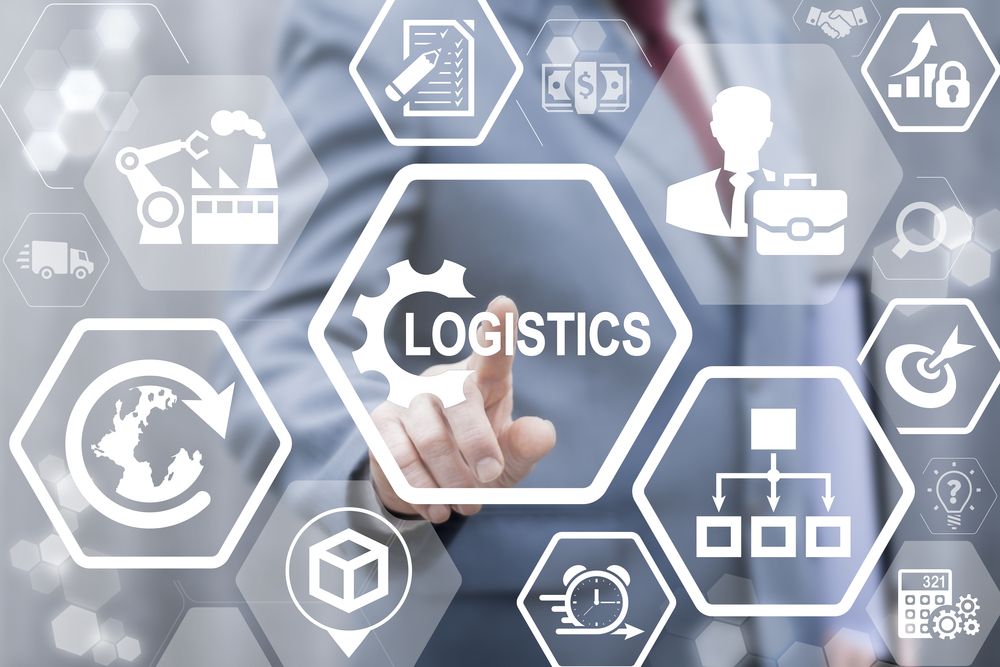3 actions to improve processes in logistics companies
2023-04-06T09:03:32.128Z
Processes are the foundation of today and tomorrow; they are the actions that tell us how, when, why and for what we do what we do; and they lead us to evolve, improve and innovate day after day.
Over the past two years, the logistics industry has experienced a tremendous acceleration. This has had an impact on the sector and has generated the need for companies to improve their level of response and adaptation to change. Creating challenges that will be even more evident in the years to come.
Do we know how to deal with these changes and prepare for these challenges?
Regardless of the nature of the business, if the right processes are not in place, it will be difficult to respond to the changes proposed by the market and be ready to meet these challenges.
Therefore, here are 3 actions to improve processes in logistics companies: 1.Apply technology and monitoring to processes:
Nowadays, changes are getting faster and faster and we always have to be ready to act. Technology has become a great ally in this area, helping companies to adapt more easily to new challenges, with new and better solutions.
Having a software that can be used in a collaborative way has become essential for the optimization of processes; in the logistics sector, it will allow them to have greater reliability and better tracking of data, and with that to improve the traceability of routes, reduce the time and mileage of their vehicles, improve inventory management, etc.
This is why Big Data and constant data analysis, using software, has become a vital issue. This allows logistics operations to adapt, evolve and continuously improve.
Anticipating route planning, knowing real-time traffic, current weather conditions, and customer preferences and behaviors, among other things, are data that can be used to generate concrete actions for decision making. They will help improve every phase of the logistics processes.
In this sense, one of the technologies that must be evaluated and that will revolutionize the logistics sector is the IoT, "The Internet of Things". Ultimately, it will manage to integrate information from different logistics stages, helping to automate processes and make them increasingly efficient.
Finally, we can say that if we unify the processes mentioned in the first recommendation, with software that helps us interact collaboratively and unify information (data), with IoT technology and apply AI - Machine Learning, we will have processes taken to another level, ready to meet the challenges that the future will bring in logistics.
3. Orienting processes towards "green logistics":
Finally, one of the issues that is gaining momentum every day is the protection of the environment. This is why, in December 2015, the "Paris Agreement" was concluded, a commitment to fight climate change, keeping global warming below 2°C by 2050.
In this sense, many companies in the logistics sector have begun to act by establishing good practices aimed at this global objective. For this reason, it is
It can be said that logistics companies should strive to have optimal processes from start to finish. Focusing on the process from the first to the last mile, using technology correctly to have a better visibility of everything that happens in the logistics management. Using the metrics it offers, it is possible to make a correct analysis of the data with accurate information, in real time, and thus improve, evolve and innovate continuously.